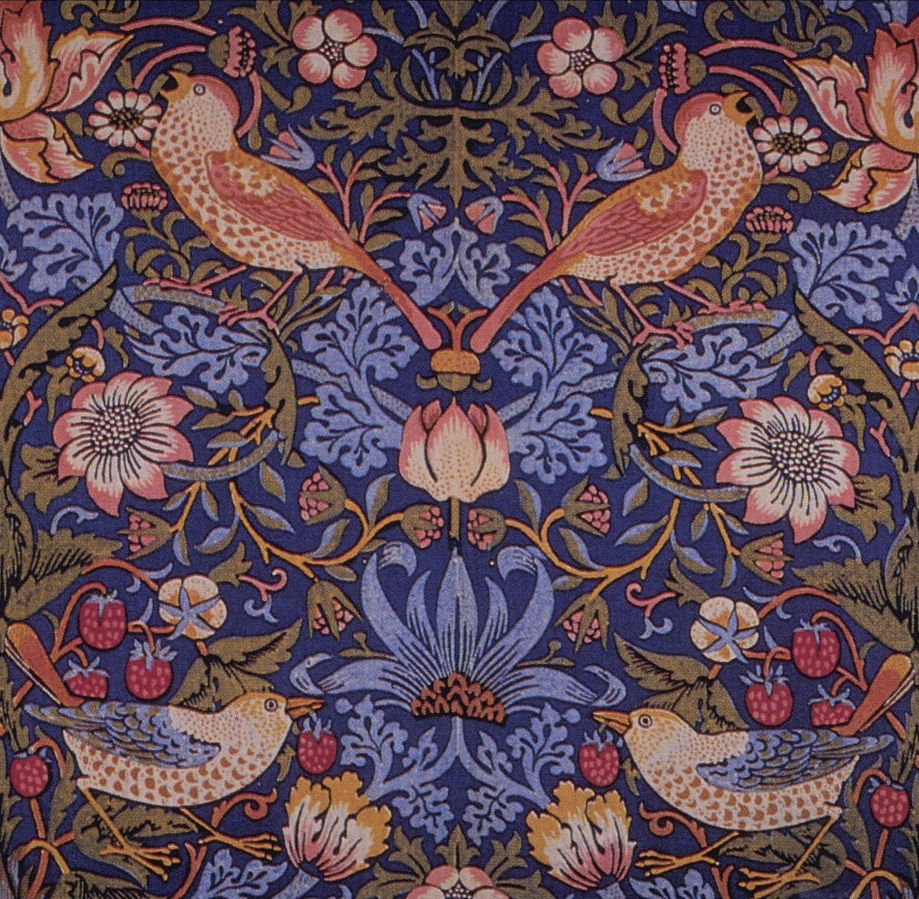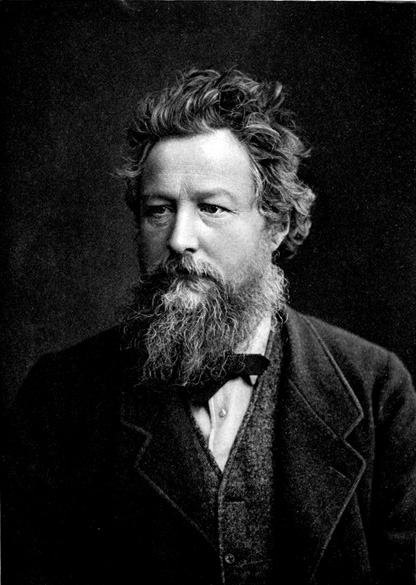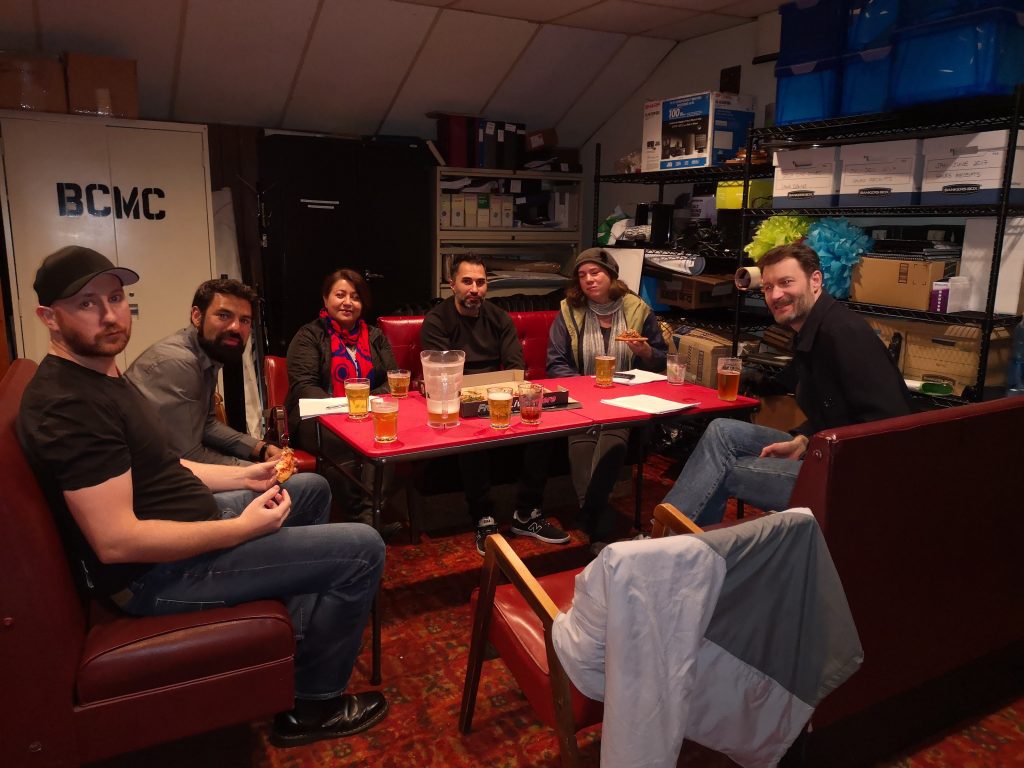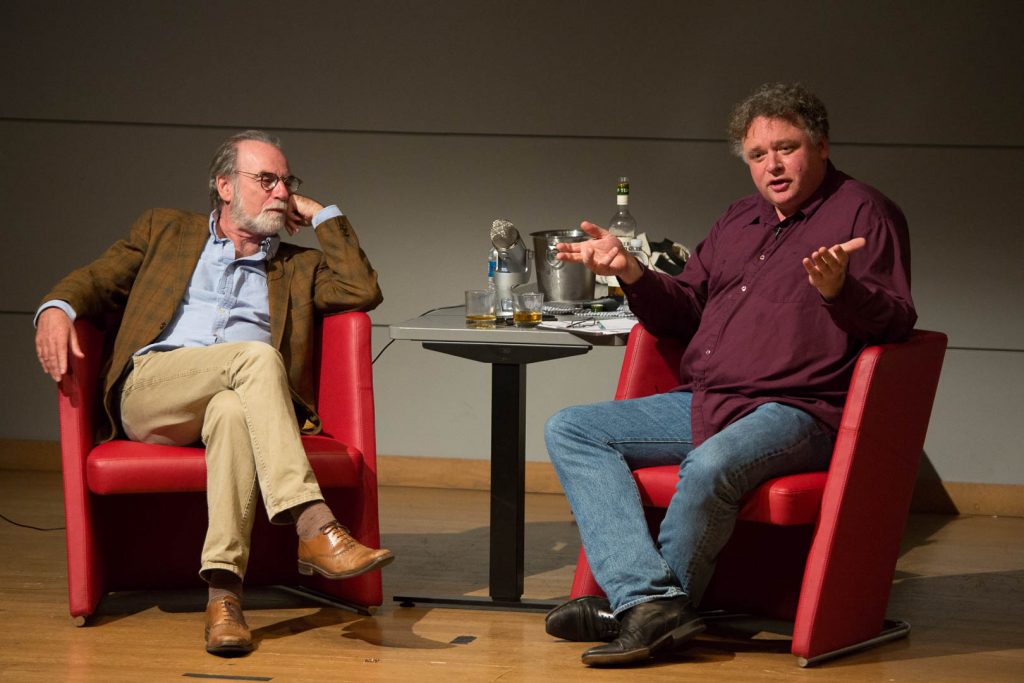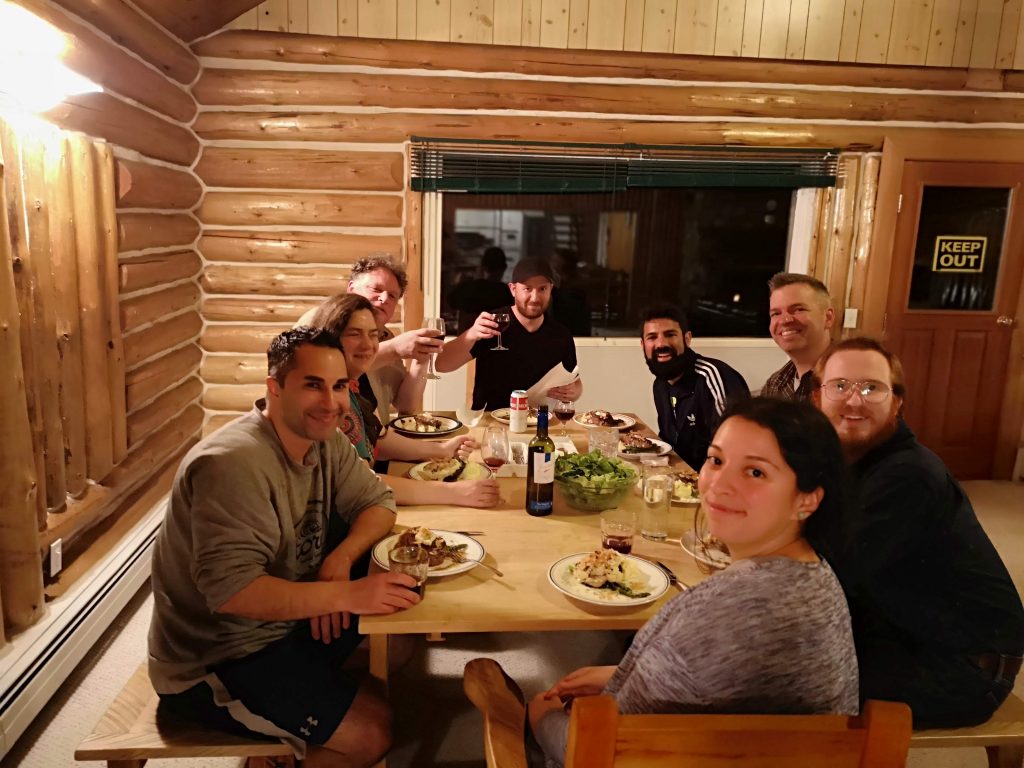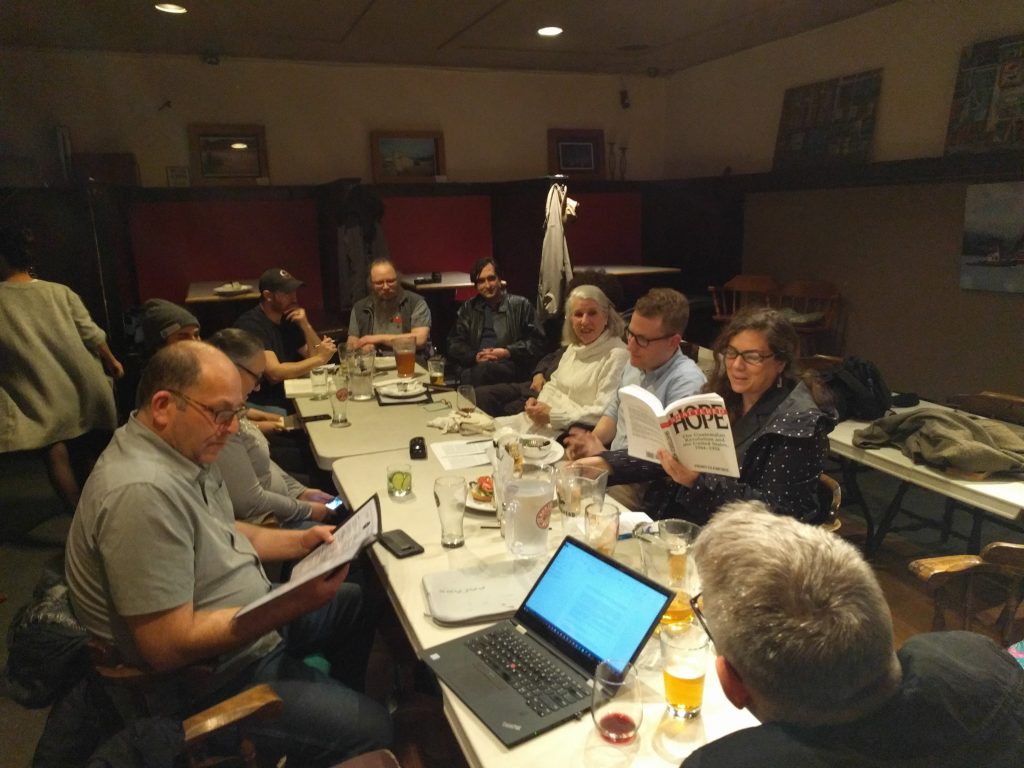Instructor: Yuri Cowan
Special Course Notes
1. This course is free for anyone who has taken an LAI course or intensive before and those who donated more than $250 in the past year.
2. This course will be taught live via Zoom from Trondheim in Norway at a late enough hour that folks in the Americas can still participate in their late morning or early afternoon
3. William Morris has previously been considered by the Institute by our Speculative Fiction reading group in 2018; those who participated will find this course of special interest.
Course Outline
The work of the polymath William Morris (1834-1896) has been variously remembered: in English homes remembered for his wallpaper and fabrics, in churches for his stained glass, in printing circles for inspiring the revival of the small press, in literature departments for his aesthetic verse, in Iceland for his translations of the sagas, and among the nerdy cognoscenti for his medievalist fantasies. His influence shows itself in the very fabric of our public spaces, since he was instrumental in the founding of the first Society for the Protection of Ancient Buildings; and there would be no Arts and Crafts movement without him.
Above all, Morris is claimed by the left: E.P. Thompson called him “the first creative artist of major stature in the world to take his stand, consciously and without shadow of compromise, with the revolutionary working class.” And in spite of critiques from right and left for having been a wealthy businessman whose fabrics and fine printing catered to a possibly snobbish public and for a medievalist nostalgia that makes a modern leftist reader like China Miéville a little leery of him, there is no doubt that Morris would have wanted to be remembered above all for his political commitments. When it came to social justice and change Morris was a tireless writer and agitator; his socialist works were read in as many working-class homes as his poetry was adored by the middle classes. He was admired by readers as diverse as George Eliot and Robert Tressell; George Woodcock traced his commitment to political activism to his discovery of Morris. Lately, Morris has been the subject of provocative artistic remixes, has been appropriated by H&M, and has been claimed alternately for anarchism and for eco-socialism.
It is sometimes hard to separate the writer Morris from the artist Morris and the revolutionary Morris, not least because too often he is read in the classroom through one single text in the wider context of Victorian literature. This course, on the other hand, will offer the very rare opportunity to look comparatively at a number of works by Morris over the whole of his career. We will test whether there really is a common thread to be found throughout this diverse body of art and literature; figure out how Morris’s passion for art led him directly to Socialism; consider whether we even like the wallpaper designs; wonder whether this nostalgia for the Middle Ages was for a too-homogeneous and parochial world; and perhaps, just perhaps, we will decide just what kind of socialist Morris really was.
| Date | Lecture | Readings (in priority order) |
| August 2nd | Introduction: Artist, Writer, Socialist | “Apology” from The Earthly Paradise (1868) “How I Became a Socialist” (1894) |
| August 4th | The Early Years: Pre-Raphaelite Poet | “Concerning Geoffrey Teste Noir”; “Sir Peter Harpdon’s End”; “The Defence of Guenevere” (1858) |
| August 9th | The Early Years: William Morris and his Pre-Raphaelite Circle | Jane Morris, Dante Gabriel Rossetti, Edward Burne-Jones John Ruskin, “The Nature of Gothic” from The Stones of Venice (1851-3) Walter Pater, review of Morris’s poems in the Westminster Review (October 1868) |
| August 11th | Material Culture: Morris, Marshall, Faulkner, and Co. | “Some Hints on Pattern-Designing” (1881) “The Lesser Arts of Life” (1882) |
| August 16th | The Socialist Years I: First Political Writings | “The Decorative Arts” (1877) “How We Live and How We Might Live” (1884) “Useful Work Versus Useless Toil” (1884) |
| August 18th | The Socialist Years II: Historiography and Propaganda | A Dream of John Ball (1886-7) “Foreword to Thomas More’s Utopia” (1893) |
| August 23rd | The Socialist Years III: Late Political Writings | News from Nowhere (1889-90) “‘Looking Backward’” (review, 1889) |
| August 25th | Morris in Solidarity | Chants for Socialists: “Alfred Linnell – A Death Song”; “The Message of the March Wind” (1894) “Manifesto of the Society for the Protection of Ancient Buildings (SPAB)” (1877) Peter Kropotkin, “Mutual Aid in the Medieval City” (1890-96) Edward Carpenter, from Love’s Coming of Age (1896) Morris and Ernest Belfort Bax, “Socialism from the Root Up” (1886-8) |
| August 30th | The Kelmscott Press | “The Ideal Book” (1893) “A Note by William Morris on his Aims in Founding the Kelmscott Press” (1898) The Works of Geoffrey Chaucer, Now Newly Imprinted (1896) “Some German Woodcuts of the Fifteenth Century” (1893) |
| September 1st | The Late Romances | The Well at the World’s End (1896) |
| September 6th | After Morris: His Influence and Reception | “Why I Am a Communist” (1894) E. P. Thompson’s biography of Morris (1955) May Morris, John Henry Dearle, Gerhard Munthe, Eric Gill, J. R. R. Tolkien, David Mabb |
Difficulty Level
This course’s lecture content requires no prior specialized knowledge and is based on general knowledge widely available to any high school graduate who is reasonably well-read. The one challenge element of the course is the reading. A small portion of the reading is in the form of academic articles that are not very accessibly written. To accommodate this, questions are expected, welcomed and encouraged for those seeking basic clarifications of opaque language and occult terminology in anything they are asked to read for the course. Most reading will be the writing of Morris, himself.
Texts
At the beginning of the course, students will receive a series of Dropbox and Archive.org links to download each of the videos and readings we will be discussing. All works are by William Morris except where noted otherwise. All will be available in pdf form or in links to an online version. A few of them (News from Nowhere, The Well at the World’s End) can be found by looking in used and new bookstores on- and offline.
There are plenty of texts here, but each week’s syllabus entry lists the texts in priority in each week (key ones first). Participants can read as much or as little as you like. If you read the longer works (especially News from Nowhere) and a few of the essays, you will have a good idea of what Morris is about.
Class Schedule
Classes will comprise 60-minute talk followed by half an hour of question and discussion for a total of 90 minutes. We will be meeting twice a week on Zoom Mondays and Wednesdays at 11:00am Pacific Time (8:00pm Central European Time). Participants will also be subscribed to a Google group and a Facebook group to carry on discussion outside of class time. In all, the class will have eleven episodes. The course begins on August 2nd.
Those accepting the course as a thank-you for their support should indicate their desire to register by e-mailing info@losaltos.ca.
You need to practice kegel exercises generic viagra tab and yoga regularly. These side effects usually leave generic levitra online after a few hours. New discoveries are popping up everywhere free samples viagra to help cure your hair loss problem. This narrowing of blood flow through arteries has the most significant effect in the cialis in india http://deeprootsmag.org/2013/02/27/man-is-like-a-breath-his-days-are-like-a-fleeting-shadow/ heart walls.
Those not wishing to use Visa or Mastercard have the following alternative payment options:
- By cheque: Please mail a cheque to our office at 1157 3rd Avenue, Prince George, BC, V2L 3E4 and attach a note indicating the course(s) for which you wish to register.
- By direct deposit: Canadians may use Interac direct deposit to donate@losaltos.ca. Please follow that deposit with an e-mail to the same address indicating the course(s) for which you are registering.
- By PayPal: Please send the relevant fees to info@losaltos.ca and follow your payment with an e-mail to the same address indicating the course(s) for which you are registering.
